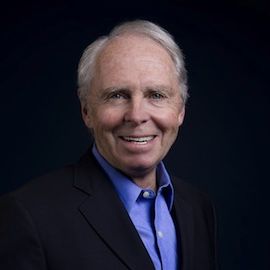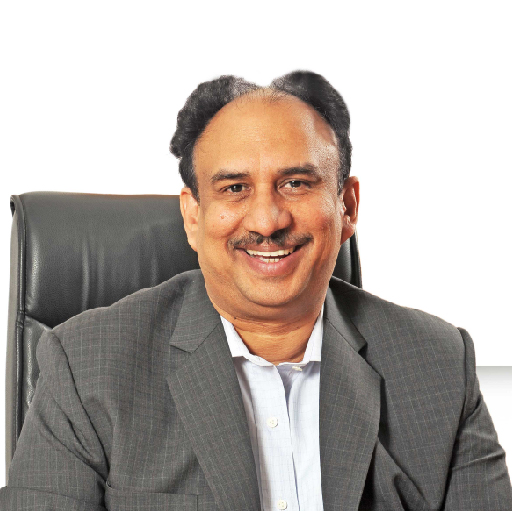The biggest problem Indian companies are likely to face in the years ahead is not going to be lack of capital or technology or infrastructure. It is going to be lack of effective business leaders. The signs are all there: a boom in head hunting, with everyone chasing a few, select executives considered to be CEO material; the increasing number of expatriate CEOs coming in to fill the vacuum; large business houses unable to come up with a succession plan.

Noel Tichy of the University of Michigan, Ann Harbour, has a solution culled from a lifetime of research and consulting with the world’s best companies: business leaders today need to systematically teach their own executives to be leaders of tomorrow. The renown management guru, who has authored ground breaking books like The Leadership Engine and The Cycle of Leadership, says there is a close relationship between the performance of a company and its reputation for developing leaders. “The best companies have a robust leadership pipeline and their CEOs invest time building it,” he says.
Tichy first came to India to make a presentation at a global leadership conference organised by CII in 1987. He has since kept in touch with several Indian companies, including Infosys, which has put his ideas to work through the Infosys Leadership Institute in Mysore. With his chosen title of “chief mentor,” NR Narayana Murthy epitomises the leader as a teacher. His successor Nandan Nilekani carried the culture forward, sharing experiences of the early days of Infosys with new, upcoming leaders.
The stories CEOs tell the next generation communicate values and energize the listener in a way that theory taught at business schools never can. The best stories are about battles fought, tough decisions taken and the sacrifices made. As a first step towards creating a teaching organisation, Tichy advises CEOs to develop a “teachable point of view.”
A starting point would be the CEO’s “who I am” story, followed by the “who we are” story, which is about the company. Each story needs to be linked to a leadership lesson. Next, CEOs need to articulate their ideas as they pertain to the organisation’s business, be it in terms of customer needs, competition, or technology. The ideas need to reinforce the company’s values and the whole presentation needs to be imbued with a sense of immediacy, otherwise it will veer towards the boring.
Once the CEO fires the leadership engine, others down the line need to be encouraged to develop their own teachable points of view, based on their own experiences. “I am told 22-year-old team leaders teach fresh recruits in India’s call centres. That is the way it should be in teaching organisations,” says Tichy.
In family-run organisations, which constitute most companies in Gujarat, it falls upon the founders to teach their children, which is not without its pitfalls. Family scions imbibe their father’s values informally, at home, over dinner table conversations. But young people are sometimes resistant to learning from their parents and some founders have been known to leave the formal training of their heirs to the company’s top executives.

Santrupt Misra, director for human resources at the Aditya Birla Group, says that Indian family-owned companies have some way to go before they can be called teaching organisations. “CEOs here have just about moved from the “tell them” to the “sell them” mode. It is still a big jump to the “teach them” pinnacle,” he says.
At the Aditya Birla Group, Dr Misra has developed a teaching module on “thinking holistically’, a subject that most aspiring leaders would be interested in. Here he has woven his personal learning experiences with those of the group and incorporated a few classroom exercises as well. “My direct reports all see me as a teacher rather than a boss,” he says. “They even send me cards on Teachers Day.”
Also Read: Gujarat Man Wraps Jaguar With G20 Theme, Drives To Delhi From Surat













